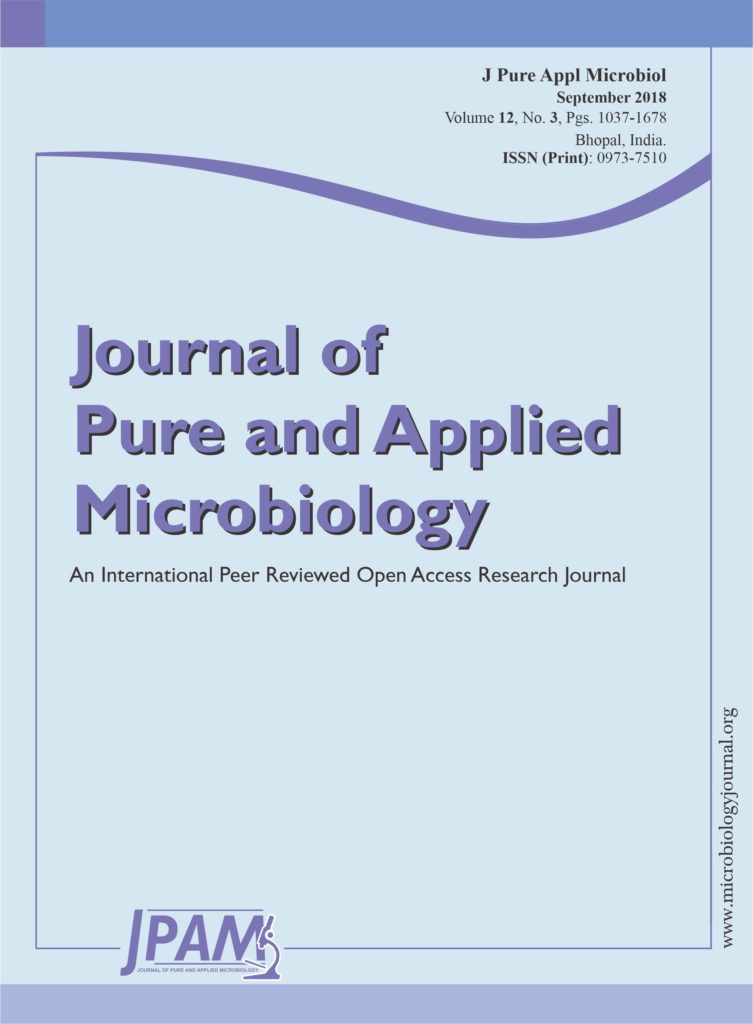Plastic in our environment is a serious threat to the life on earth. Bioremediation is the only way out to mitigate the present problem. Actinomycetes strains from two different locations were isolated within Kerala state. Efficiency of strains for biodegradation collected from both the locations was compared using weight loss experiment. Experimental evidence on the basis of percentage degradation of LDPE strip shows that strains collected from waste dump yard are more efficient degraders of polyethylene waste. (DSR2-24%, DSR1-20%, DSR3-8%) than those collected from virgin soil. (VSR3-13.2%, VSR2-8%, VSR1-4.8%). Actinomycetes are potential group of microorganisms which can be utilized for biodegradation of plastics. Bio-augmenting the soil with potential degraders will enhance the rate of degradation even more.
Biodegradation, Actinomycetes, Bioaugmentation
© The Author(s) 2018. Open Access. This article is distributed under the terms of the Creative Commons Attribution 4.0 International License which permits unrestricted use, sharing, distribution, and reproduction in any medium, provided you give appropriate credit to the original author(s) and the source, provide a link to the Creative Commons license, and indicate if changes were made.


